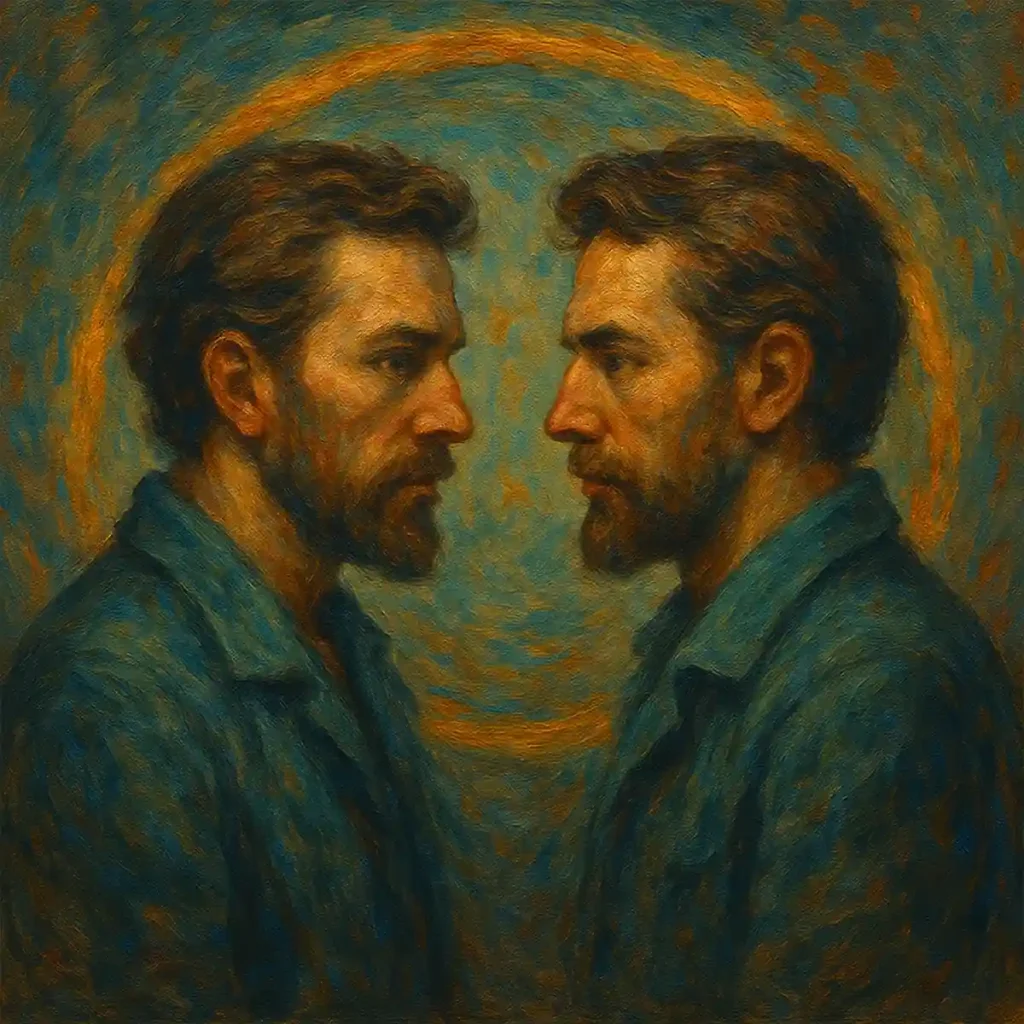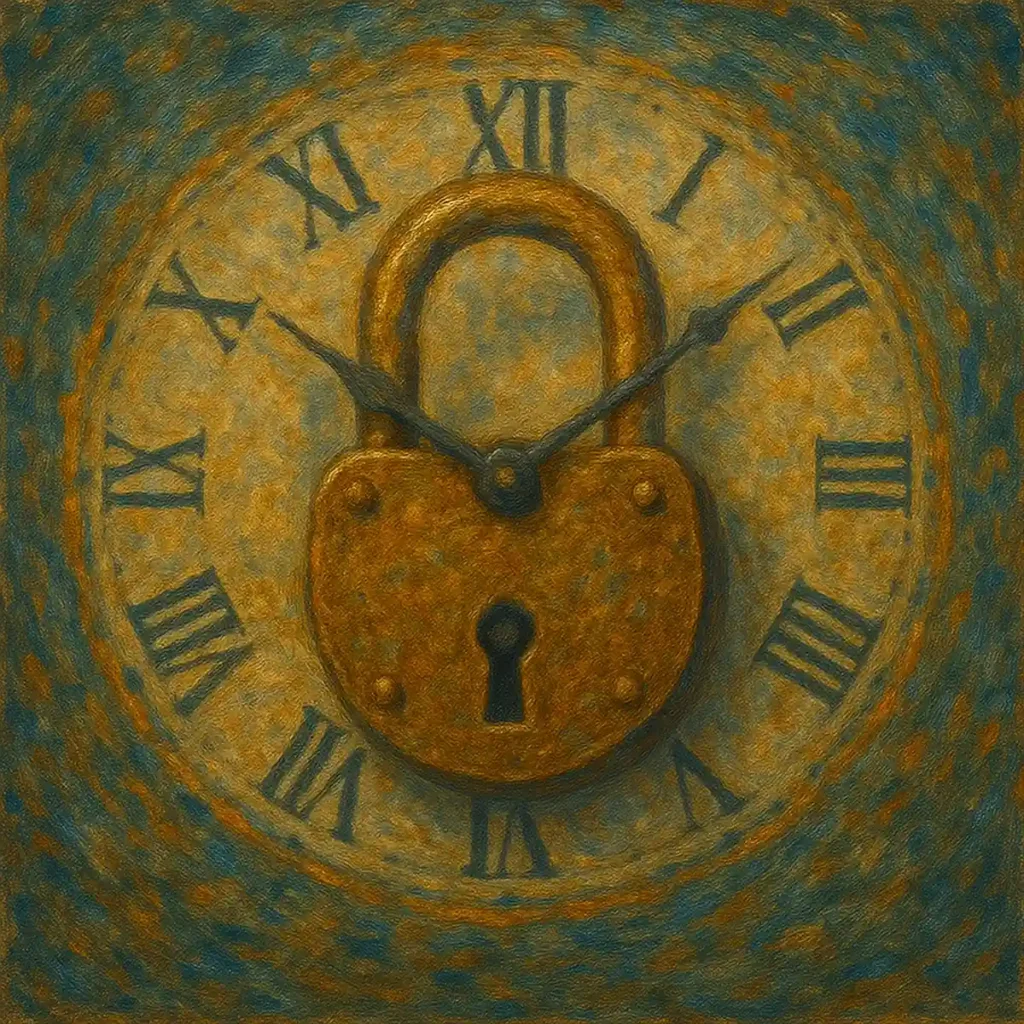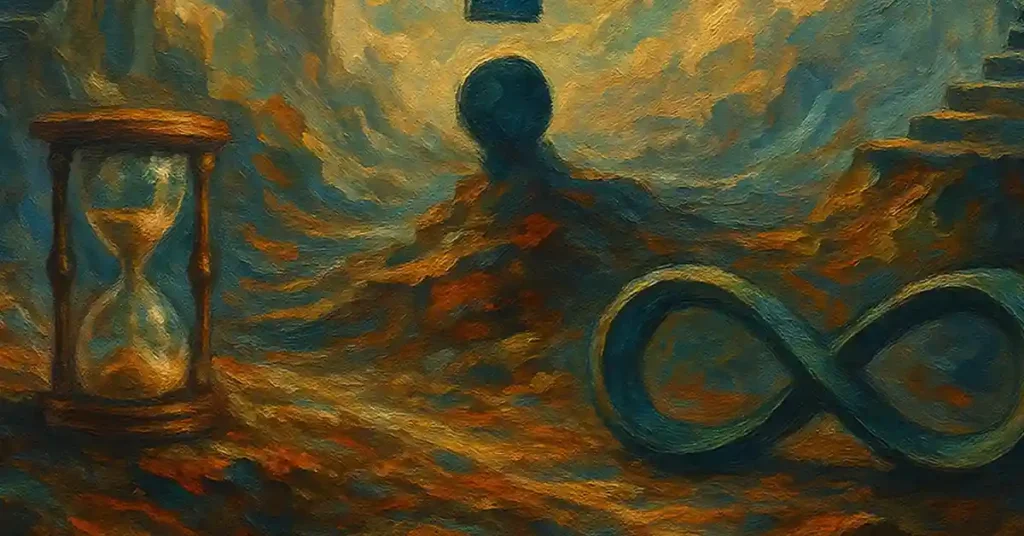Time travel is a captivating concept that has fascinated humanity for generations. However, it also brings about baffling paradoxes that twist our understanding of cause and effect. Here are 13 unique time travel paradox examples to intrigue and amaze you, explained in greater detail.
1. The Polchinski’s Paradox
Named after physicist Joseph Polchinski, this paradox involves sending a billiard ball through a wormhole in such a way that it collides with its past self, preventing it from entering the wormhole in the first place. This creates a direct logical contradiction, forcing scientists and philosophers alike to consider alternative timelines or the breakdown of causality itself.
2. The Self-Fulfilling Prophecy Paradox
A traveler witnesses a future event, usually something tragic, and takes steps to prevent it. Yet, ironically, their very attempts at prevention become the catalyst that causes the event. This paradox emphasizes the inevitability and fixed nature of certain outcomes, despite attempts at intervention.
3. The Double Observer Paradox
Two observers travel from different future timelines back to the exact same moment in the past. Each observer has experienced a vastly different historical outcome. The paradox lies in whose timeline is accurate and how multiple conflicting realities can coexist simultaneously.
4. The Reverse Butterfly Effect Paradox
A variation on the traditional butterfly effect, this paradox describes how even the smallest action in the past—like simply moving a rock or stepping on an insect—can drastically alter future events on an unimaginable scale. This paradox highlights the delicate and interconnected nature of historical causality.
5. The Meeting Yourself Paradox
If a person travels back and interacts directly with their younger self, the resulting encounter could change their younger self’s life decisions, personality, or circumstances. If these changes significantly alter the older self’s existence, this raises the question: would the older self cease to exist immediately or create a new divergent timeline entirely?

6. The Quantum Information Paradox
This paradox arises when information sent from the future to the past becomes corrupted or misinterpreted. Decisions based on incorrect data lead to unpredictable, chaotic outcomes, potentially creating multiple conflicting timelines or realities, each generated from a single misunderstanding.
7. The Conservation of Mass Paradox
Matter transported through time poses significant questions about physical laws. If a person or object travels back in time, effectively duplicating their mass at an earlier point in history, it would violate the conservation of mass and energy. Physicists struggle with how universal laws might accommodate this paradoxical duplication.
8. The Echo Paradox
Repeated travel between timelines or different historical periods causes memory fragments from alternate realities to linger within the traveler’s mind. These echoes create confusion and uncertainty about what is genuinely real, as travelers struggle with conflicting memories from multiple timelines.
9. The Historical Revision Paradox
This paradox emerges when a traveler significantly alters historical events, creating vastly different outcomes. It poses a philosophical dilemma: Does history naturally revert to a familiar pattern through different circumstances, or does every alteration permanently reshape reality into an unrecognizable new timeline?

10. The Time Lock Paradox
A futuristic device or event restricts travel beyond a specific date, yet the lock itself originates from technology invented in a future time period. How could this barrier have originally been created if no one could travel past the lock’s inception to invent it in the first place?
11. The Grandfather Paradox
Perhaps the most famous time travel paradox, this involves traveling back in time and inadvertently preventing your grandparents from meeting, thus preventing your own birth. But if you were never born, how could you travel back to cause this event? This paradox challenges the logical integrity of cause and effect itself.
12. The Predestination Paradox
This paradox involves situations where a traveler goes back in time to prevent an event but inadvertently becomes the very cause of that event. The traveler’s actions unintentionally ensure that history unfolds exactly as it originally did, illustrating a closed causal loop and challenging the notion of free will.
13. The Bootstrap Paradox
An object, idea, or information is sent back in time and becomes its own source of creation, resulting in no discernible origin. For example, a scientist receives blueprints for a time machine from their future self, builds the machine, and later sends the same blueprints back to their past self. This paradox creates an infinite loop where the object’s creation is self-referential, challenging our understanding of linear causality and origin.
These 13 paradoxes challenge us to think deeply about the fascinating complexities of time travel, providing endless inspiration for stories, debates, and philosophical exploration.
